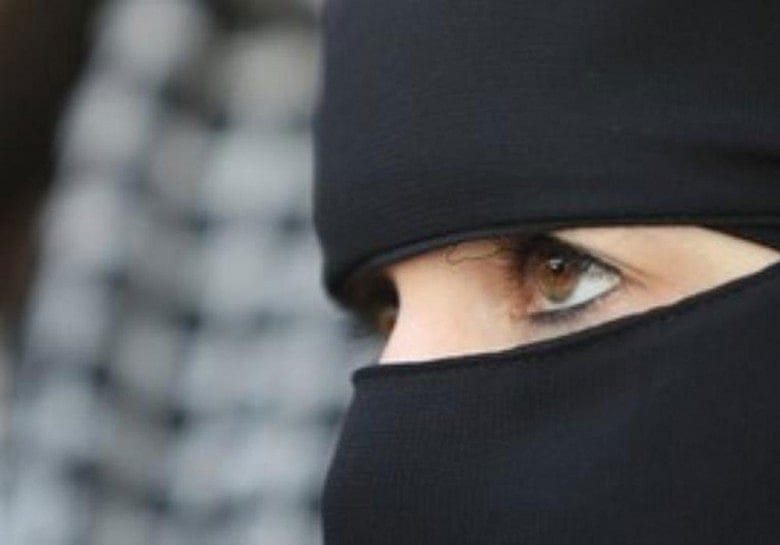Religious freedom is a woman’s right, too

There's a debate about religious freedom raging among our neighbors to the north. Last week, Canadian Prime Minister Stephen Harper, who is running for a fourth term, promised to fight at the highest levels to force Muslim women to remove their face veils during Canadian citizenship ceremonies.
At first glance, the issue seems reminiscent of an American legal ruling in which a Florida court held that the government could require Sultaana Freeman to remove her face veil for her driver's license photo.

